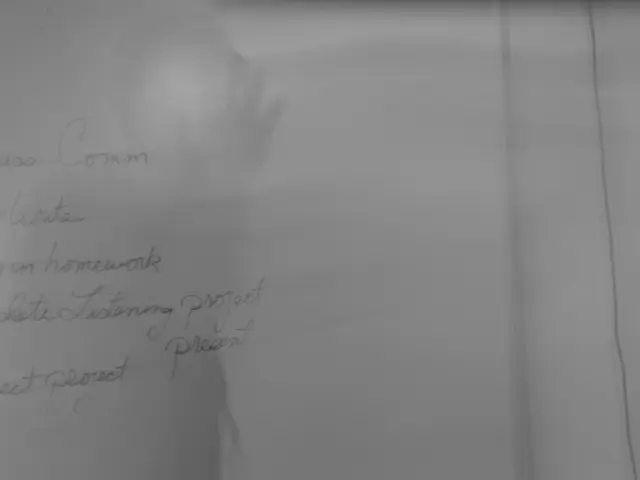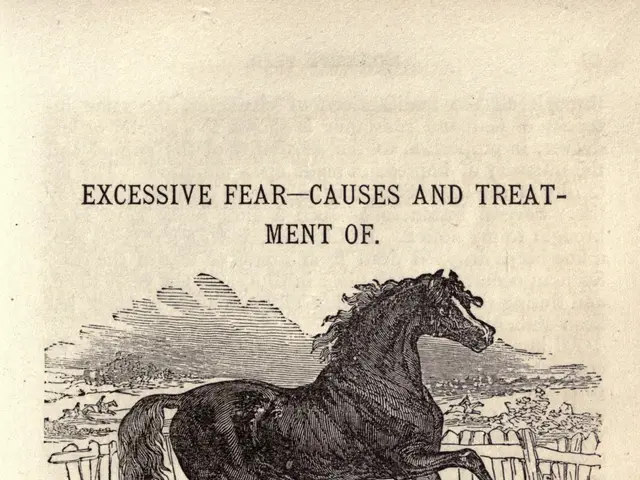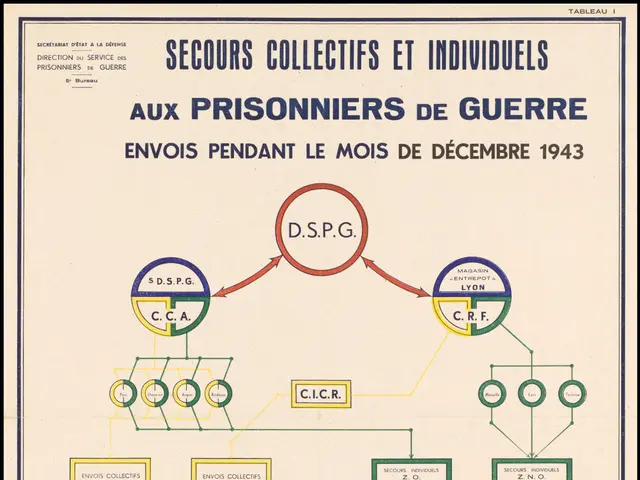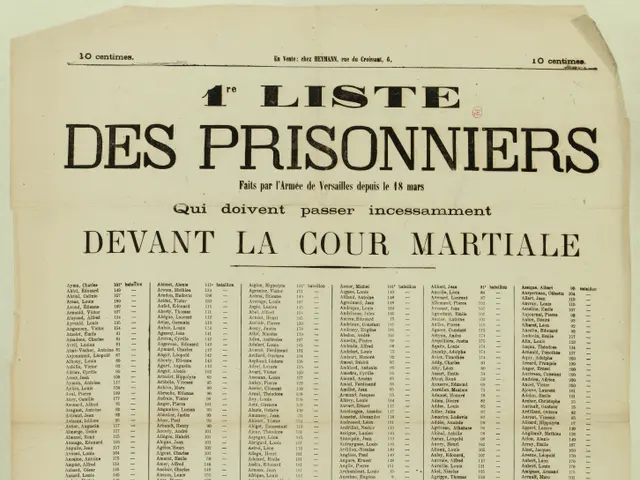Groundbreaking Pioneer in the Field of Radioactivity: Marie Curie, a trailblazer in science
Grit, Guts, and Groundbreaking Science: The Marie Curie Story
Marie Curie, a household name in the science world, made history with her revolutionary work on radioactivity. Born in Warsaw, Poland, on November 7, 1867, she faced a myriad of obstacles in her pursuit of scientific greatness. Her story isn't just about scientific discovery, but determination, intellect, and innovation.
Curie's Turbulent Early Years
Born to a family of educators, Curie developed a passion for learning at an early age. However, her opportunities for higher education were scarce, especially for women in a Russian-occupied Poland. Despite these limitations, she excelled in her studies, displaying an affinity for mathematics and physics.
The harsh reality of her time forced Curie to take up work as a governess to support her sister's medical studies in Paris. This stint didn't dampen her spirit; it fueled her hunger for knowledge even more. In 1891, she finally moved to Paris and enrolled at the Sorbonne, where financial difficulties and abject poverty didn't deter her from completing her Master's degrees in Physics and Mathematics.
Partner in Progress
Her partnership with Pierre Curie was a symphony of shared passion and scientific breakthroughs. After their marriage in 1895, the couple embarked on some of the most groundbreaking research of their time. Their work, which centered on radioactivity, opened new vistas of understanding previously unknown aspects of the natural world.
This research led to the discovery of two new elements, polonium and radium. Named after her native country, Poland, polonium was the first element Curie isolated in 1898. This was followed by the identification of radium, a much more potent source of radioactivity than uranium. It's incredible to note that Curie pioneered the term 'radioactivity' herself.
While their research faced skepticism, it was eventually acknowledged when they were awarded the Nobel Prize in Physics in 1903, along with Henri Becquerel.
Storms and Triumphs
Despite her rising prominence, Marie Curie's journey was marked by considerable challenges. The untimely death of her husband Pierre in 1906 was a personal and professional blow. Remarkably, she displayed remarkable resilience and took over Pierre's professor position at the Sorbonne, becoming the institution's first female professor.
Continuing their research alone, Curie's work reached new heights. In 1911, she was awarded the Nobel Prize in Chemistry for her discovery of radium and polonium and her investigation into the properties of radioactive compounds. This accolade made her the first person to win Nobel Prizes in two different scientific fields, further solidifying her legacy.
The Marie Curie Legacy
Curie's prolific contributions to the field of science have left a lasting impact. Her pioneering research in radioactivity has not only fostered scientific understanding but also catalyzed developments in various fields, such as cancer treatment through radiotherapy.
Going beyond her tangible scientific achievements, Curie's story inspires countless women to pursue careers in science and engineering, shattering the gender barriers she herself had to overcome. Institutions worldwide honor her legacy by establishing scholarships, research centers, and awards in her name.
Marie Curie's unyielding spirit, unparalleled intellect, and relentless pursuit of knowledge serve as a beacon of inspiration. Her groundbreaking scientific discoveries are a testament to what one can achieve when passion, perseverance, and grit converge.
Courage, Scandals, and Controversies
Marie Curie's life wasn't devoid of controversies. Her romantic involvement with fellow scientist Paul Langevin, a married man, created a scandal. However, Curie's resilience and burning passion for science ensured that her scientific endeavors would remain her defining legacy.
Moreover, Curie's journey highlights the personal sacrifices and societal challenges faced by pioneers in the early scientific community. She worked tirelessly, even as she grappled with the health repercussions of prolonged exposure to radioactive elements.
In the Annals of Science and History
Marie Curie's life and work serve as a powerful reminder of the incredible possibilities that emerge when curiosity meets persistence. Her contributions continue to inspire generations, not just as a scientific powerhouse, but as a beacon of human resilience and determination.
Marie Curie's groundbreaking research not only revolutionized the medical-conditions related to radioactivity and health-and-wellness, but her dedication to womens-health is also evident in her perseverance to become the first female professor at the Sorbonne. Despite personal and professional hardships, she continued to make significant advancements, especially in the realm of womens-health research. Her work has laid the foundation for radiotherapy treatments and serves as an inspiration for women pursuing careers in science and health-and-wellness.








